Ann-Kathrin Stähle got her doctorate at the University of Basel (2022, summa cum laude, supervisor Prof. Henriette Harich-Schwarzbauer): ‘…quid poema frangat? Zur Poetik des Bruchs in den Carmina des Sidonius Apollinaris’.


Ann-Kathrin Stähle got her doctorate at the University of Basel (2022, summa cum laude, supervisor Prof. Henriette Harich-Schwarzbauer): ‘…quid poema frangat? Zur Poetik des Bruchs in den Carmina des Sidonius Apollinaris’.
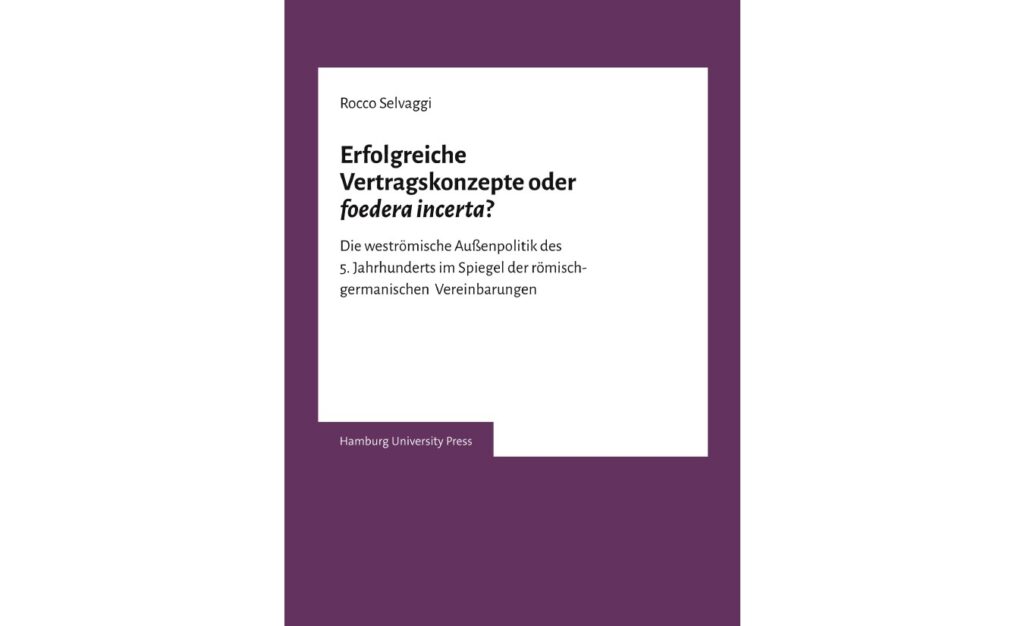
A Hamburg dissertation made available: Rocco Selvaggi, Erfolgreiche Vertragskonzepte oder foedera incerta? – Die weströmische Außenpolitik des 5. Jahrhunderts im Spiegel der römisch-germanischen Vereinbarungen, Hamburg: Hamburg University Press, 2020.
Open access in Aopen.
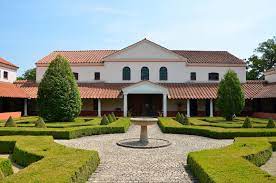
Christelle Ehrhardt got her doctorate in archaeology and prehistory at Université Michel de Montaigne-Bordeaux III with ‘Bâtir une église, fonder une mémoire, asseoir une autorité: lieux de culte et représentations du passé dans les campagnes des anciens diocèses de Bordeaux, Bazas et Agen au premier Moyen Âge (IVe-XIe siècle)’. Sidonius figures on pp. 102-22 with the private chapel of the Burgus of Pontius Leontius in particular.
Read it here
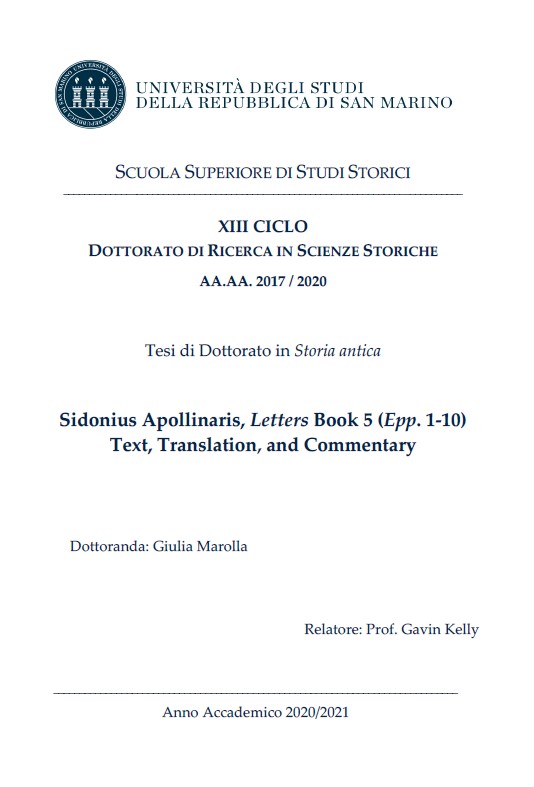
On Friday 12 March, Giulia Marolla will defend her PhD thesis ‘Sidonius Apollinaris, Letters Book 5 (Epp. 1-10): Text, Translation, and Commentary’ at the University of San Marino. Supervisor: Prof. Gavin Kelly (Edinburgh).

Hendrik Hess has taken his doctorate at the University of Bonn with a thesis about the self-concept of the Gallo-Roman elite. The book is to be published next year as “Das Selbstverständnis der gallo-römischen Oberschicht im historischen Diskursraum von Sidonius Apollinaris bis Gregor von Tours. Übergang, Hybridität, Latenz“ as one of the Ergänzungsbände zum Reallexikon der germanischen Altertumskunde.
Abstract
Die Studie fragt nach dem Selbstverständnis der gallo-römischen Oberschicht in der zweiten Hälfte des 5. bis zum Ende des 6. Jahrhunderts. In dieser Zeit der Neuordnung Galliens zwischen Imperium Romanum und der Bildung der Reiche der Visigoten, Burgunder und Franken gingen alte Gewissheiten verloren und neue entstanden, die Verfügungsmacht über materielle und immaterielle Ressourcen wechselte, Vorstellungen und Wahrnehmungsmuster änderten sich. Diese Dynamik spiegelt sich auch in der Veränderung des kulturellen, sozialen und politischen Wissens über die eigene gesellschaftliche Gruppe wieder. Die römische Oberschicht Galliens erscheint trotz der Umwälzungen jedoch keineswegs rückwärtsgewandt oder konservativ. Vielmehr zeigten sich schon die epistolographischen Übergangsrömer des 5. Jahrhunderts pragmatisch in Bezug auf ihr Selbstverständnis, das im Verlauf der Untersuchungszeit hybride Formen annahm und schließlich lediglich latent weiterexistierte.
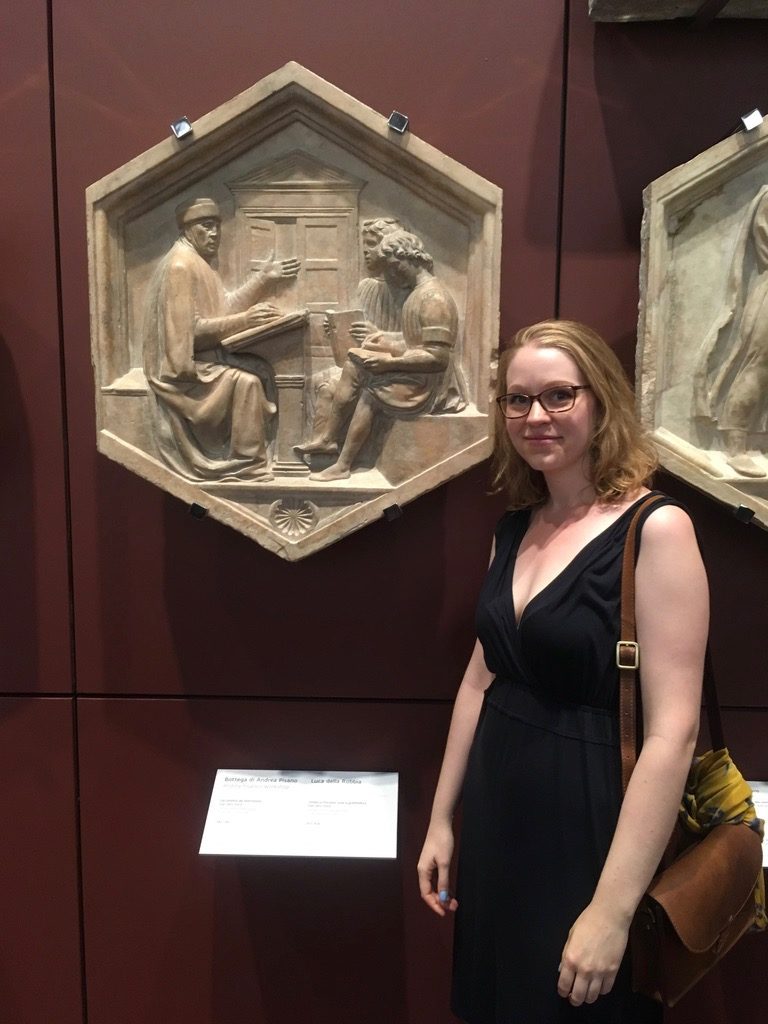
Alison John has completed her doctorate at the University of Edinburgh (supervisors Gavin Kelly and Lucy Grig) and will graduate this November. Her thesis, Learning and Power: A Cultural History of Education in Late Antique Gaul engaged with Sidonius and his world, and considered his perceptions of the changes taking place around him.
Abstract:
This thesis examines the shifting practices and attitudes toward classical education in late antique Gaul, with a focus on the fourth to early sixth centuries. Throughout this period Gallo-Romans witnessed political, economic, and cultural upheavals, and the eventual disappearance of Roman political power in Gaul. John explores the role traditional literary schools of grammar and rhetoric played in the politics and society of late antique Gaul, and the changing value of such educational pursuits among Gallo-Roman aristocrats throughout this period. Since literary education had long been a central part of elite Roman identity, examining the ways that Gallo-Roman aristocrats participated in and patronized education amid the shifting political, cultural, and religious contexts of the period can help us to understand the overall transformations of the late antique west.
John offers a fresh interpretation of the history of the classical schools of grammar and rhetoric in Gaul. Its analysis shows how the eventual decline of classical schools in Gaul is linked indirectly to changes in political structures and the fall of the Western Roman Empire in the fifth century. John argues that without the superstructure of the Roman empire, classical education could not survive indefinitely. Throughout late antiquity and in post-imperial Gaul, although neither the barbarian kingdoms nor the Church directly caused the decline of classical schools, these new structures of power that replaced the unified empire did not encourage or support a cultural and political climate in which grammatical and rhetorical training was valued. Such political changes transformed the perceptions of the value and role of classical education and resulted in the eventual end of the schools of grammar and rhetoric in Gaul.
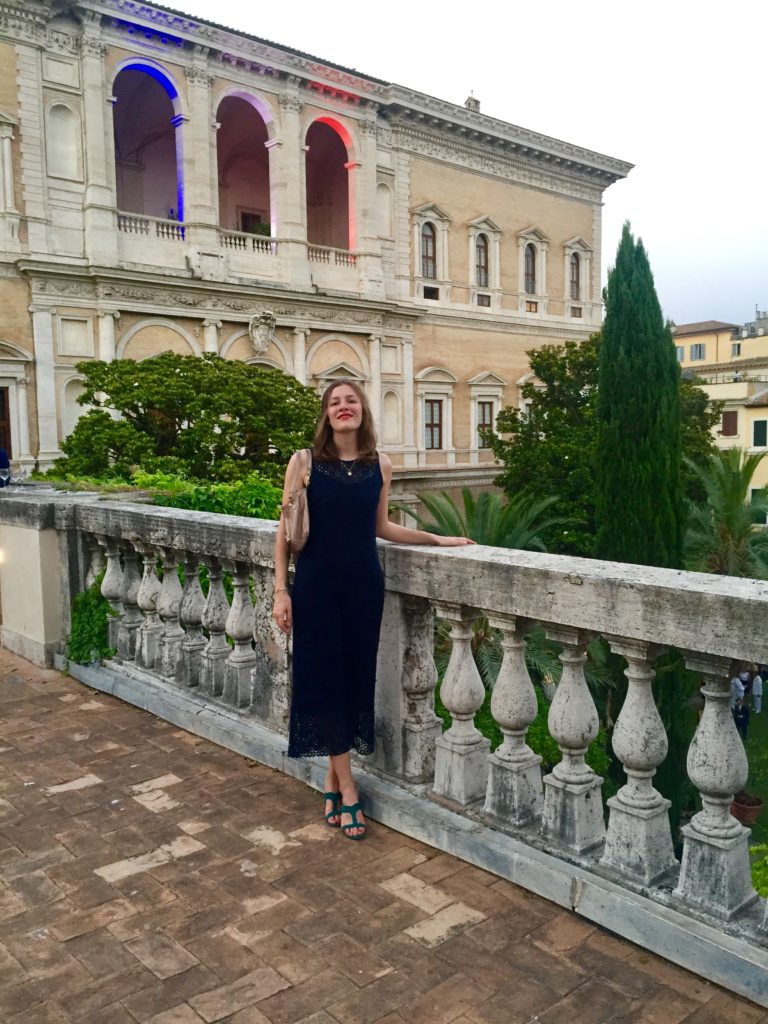
Lucie Desbrosses has got her doctorate at the University of Besançon (supervisor Stéphane Ratti). The title of her thesis is: ‘Sidoine Apollinaire et la Gaule chrétienne au Ve siècle’.
Abstract: ‘This dissertation investigates how Sidonius Apollinaris’ poetry and letters shed light on the Christian identity of Gaul in Late Antiquity, and how the author takes part in defining it. It focuses on Christian reactions to traditional culture and the “pagan” background in particular, paying special attention to claims of renunciation and to actual comprises with past patterns. It first of all paints a picture of fifth-century Christianity in Gaul, studying how, and how deeply, the religio nova had penetrated the Gallic provinces, pointing out the remains of heterodox and “pagan” beliefs. It also examines the cultural (dis)continuity in the individual transition from lay status to conversio and clerical status, for which Sidonius, belonging to the lay social élite, and then to the clerical sphere, is a key figure. It pays special attention to writing poetry to enhance Christian identity, but also to express one’s nostalgic attachment to the ancient world, its literature, its culture, and its past pleasures.’
Email address


Camille Bonnan-Garçon (Lyon) writes about Sidonius’ favourable image of Theodoric and about the changing roles of letters and panegyrics for praising monarchs in Interférences 11, 2018. She has just finished her doctoral dissertation: ‘L’épigramme et la lettre d’Ausone à Ennode de Pavie: étude stylistique, littéraire et historique d’une contiguïté générique dans l’antiquité tardive’, doctoral thesis June 2018 (supervisors Marie Ledentu and Bruno Bureau, Université Jean Moulin Lyon 3).
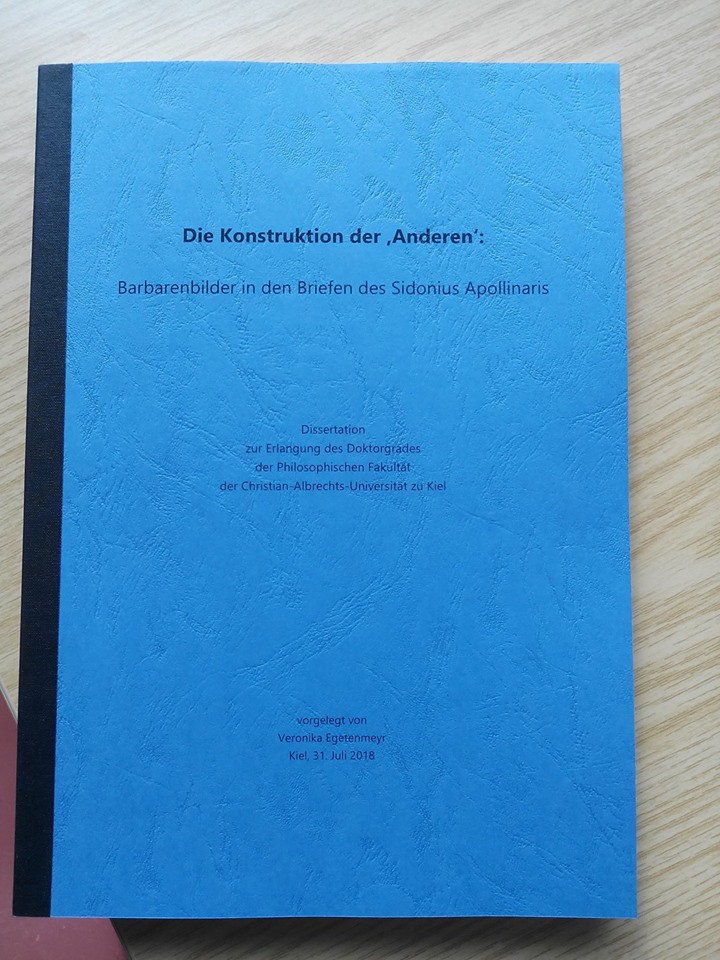
Veronika Egetenmeyer has handed in her doctoral dissertation (Kiel): ‘Die Konstruktion des “Anderen”: Barbarenbilder in den Briefen des Sidonius Apollinaris’, to be defended in November.